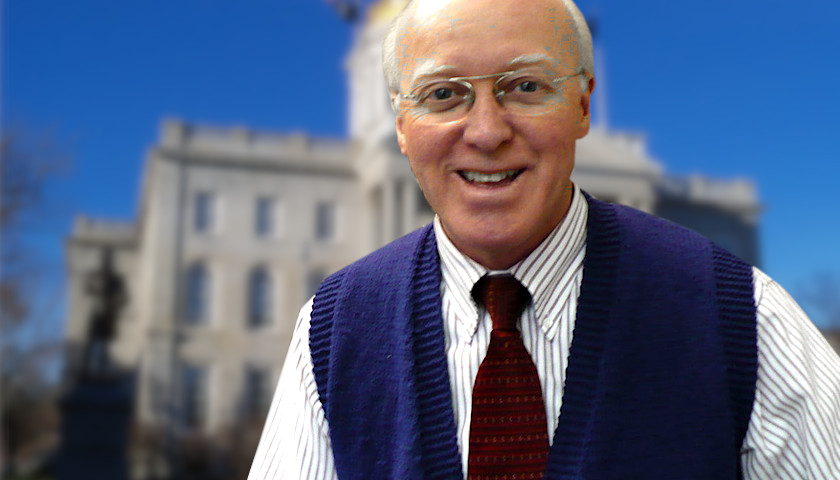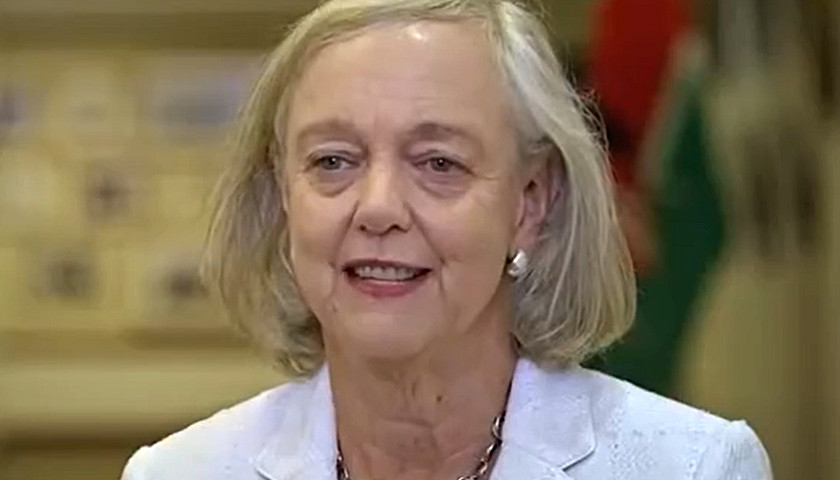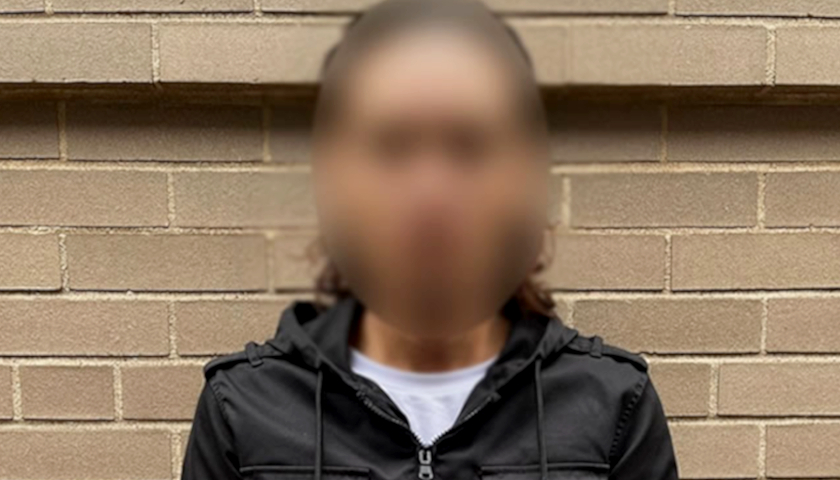New Hampshire Secretary of State Bill Gardner was elected on Wednesday to stay in his job for two more years following a contentious and hard fought battle in the New Hampshire Democratic controlled legislature.
Gardner (70), a Democrat and the longest serving Secretary of State in the nation, has held the post for 42 years, but following Gardner’s decision to participate on Trump’s now disbanded Election Integrity Commission, was challenged this year by a young progressive, a 39-year-old Californian who a decade ago went to NH to earn an MBA at Dartmouth College.
According to the Concord Monitor, fellow Democrat Colin Van Ostern campaigned for nine months and raised $211,000 in his effort to unseat Gardner.
It took two ballots and Gardner’s victory “came with plenty of hand-wringing among lawmakers and onlookers,” the Monitor reports.
A total of 415 members of the New Hampshire House and Senate first voted in a secret ballot. Gardner came out ahead by one vote, but 209 votes were needed to declare victory. Gardner received 208 on the first ballot.
A second secret ballot vote ended with Gardner at 209 votes to Van Ostern’s 205.
When facing the far Left Van Ostern, a former Democratic gubernatorial candidate, Gardner argued that he, respected on both sides of the political aisle, is the guardian and long-time defender of New Hampshire’s enviable position as the first state in the nation to hold a primary after the Iowa Caucuses.
Indeed, New Hampshire voters play an out-sized role in weeding out candidates for America’s top job.
Demonstrating just that, Senators Jeff Flake and Cory Booker, Governor John Kasich and Rep. Tulsi Gabbard were spotted in New Hampshire making the rounds in recent weeks in preparation for possible presidential runs in 2020.
Gardner supporters claim it is the steady hand of their non-partisan Secretary of State that gives confidence to America that voter fraud is not happening in the Granite State.
Nonetheless, there have been fraud allegations in New Hampshire
The state is now shifting Leftward with the arrival of a younger college-educated suburban population represented by Van Ostern and they did not look kindly upon Gardner’s decision to be one of ultimately four Democrats on the Trump’s President’s Advisory Committee on Election Integrity led by Kansas Secretary of State Kris Kobach.
Gardner said in his defense, “it’s better to be at the table than on the menu.”
In fact, it was something that Kobach wrote at Breitbart that helped fuel the opposition to Gardner.
In September of 2017, Kobach caused a fire storm in New Hampshire when he alleged that out-of-state voters may well have been responsible for swinging the close-fought Senate race between sitting Republican Senator Kelly Ayotte to her Democratic challenger Maggie Hassan.
Kobach explained in his opinion piece entitled ‘ It Appears That Out-of-State Voters Changed the Outcome of the New Hampshire U.S. Senate Race,’ that over 5,000 voters in November of 2016 may have come in from other states to vote in New Hampshire.
Only 1,017 votes put the Democrat Hassan over the top.
Kobach’s charges brought a strong face-to-face rebuke from Gardner, a story gleefully reported nationally by Politico.
However, Gardner did not give in to pressure, generated at the time from the Left, to resign from the voter fraud commission thus setting himself up for the challenge this week.
This isn’t the first time New Hampshire’s voting practices were called in to question. In February 2016, and reported by the Daily Caller, James O’Keefe’s Project Veritas Action returned to the state for another undercover sting and recorded proof of the casual way poll workers treated wannabe voters who were clearly not residents of the state.
O’Keefe’s earlier expose, in 2012, resulted in New Hampshire passing stricter election laws with Gardner’s blessing.
The Concord Monitor, reporting on Gardner’s narrowest victory since first being elected to the post in 1976, cites his support for those two bills, that came in the wake of questions about New Hampshire’s voter requirements, and that infuriated far Left Democrats who worked unsuccessfully to defeat him on Wednesday.
Threats against New Hampshire’s favored status in presidential campaign years
Demonstrating how hard the Democratic establishment fought to keep information from the now disbanded White House Commission, and indeed to be sure further voter ID requirements would not be put in place, former Vermont governor and 2004 Presidential candidate Howard Dean sent a warning shot to Secretary of State Gardner after the Kobach allegation.
Dean tweeted in June 2017,
NH needs to join this list. If they don’t, they should lose their status as the first in the nation Primary. Ditto Iowa for first caucus.
By “this list” he meant a list (an inaccurate one) declaring which states were bucking Kobach and the President.
Howard was wrong about which states were complying and which weren’t, but by October of 2017, 15 states were denying voter information to the Election Integrity Commission, five others were considering denying data as well.
Despite threats from Dean, both New Hampshire and Iowa did cooperate.
The President ultimately announced the end to the commission in January of 2018 which came as a direct result of refusals by many states to cooperate.
– – –
Anna Marie Bolton is a reporter for Battleground State News.





